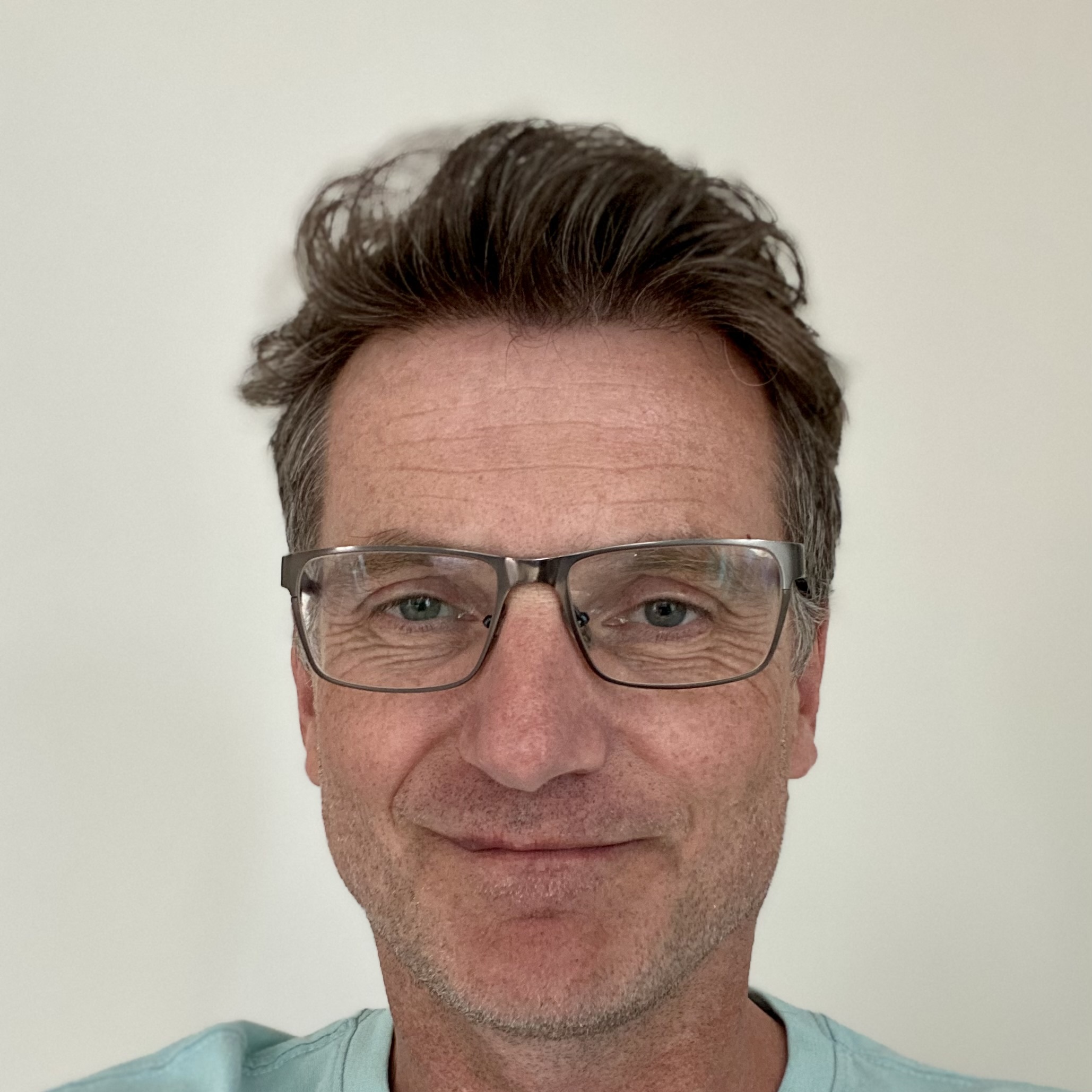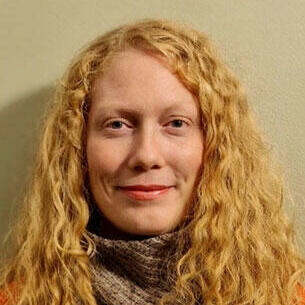Norway has a long history of excellent and successful institutions and mechanisms for organisation, governance and regulation. These have gained the trust of the general public and thus legitimacy.
These are however challenged both regionally and nationally by a number of factors related to, for example, demographic changes, economic pressure on the welfare state and its institutions, new and intensified forms of exclusion, pressure on freedom of expression and the public debate and the new geopolitical situation in Europe.
We aim to fill critical knowledge gaps and contribute to research-based and interdisciplinary knowledge development in an area with widespread and increasing relevance for society and work.
Organisation and governance are essential when it comes to achieving all the UN’s Sustainable Development Goals, whether relating to health, environment, economy, work, education, equality or good institutions.
A general academic starting point for this research area is therefore the assumption that issues related to the organisation, governance and management of – and in – society are of essential importance for research on topics such as:
- Pressure on democratic principles as a form of organisation and governance in institutions, organisations and in civil life
- Changes in the conditions for public debate and the impact this has on democracy and freedom of expression
- Impaired trust and polarisation in society
- Unintended effects of regulation related to legislative and regulatory developments and the mode of operation of various supervisory institutions
- The impact of digitalisation on, for example, trust in public/private institutions, exclusion/inclusion, marginalisation and inequality
- Demographic changes: The requirement for new ways of organising society, working life and civil life due to ageing, urbanisation, digitalisation, immigration and refugee flows.
- Security: Global tensions and Norway's geopolitical situation
- The role and function of education related to fellow citizenship, inclusion and democracy
- Fellow citizenship, migration, diversity, indigenous peoples' and minorities' rights and human rights
- Civil protection and emergency preparedness






